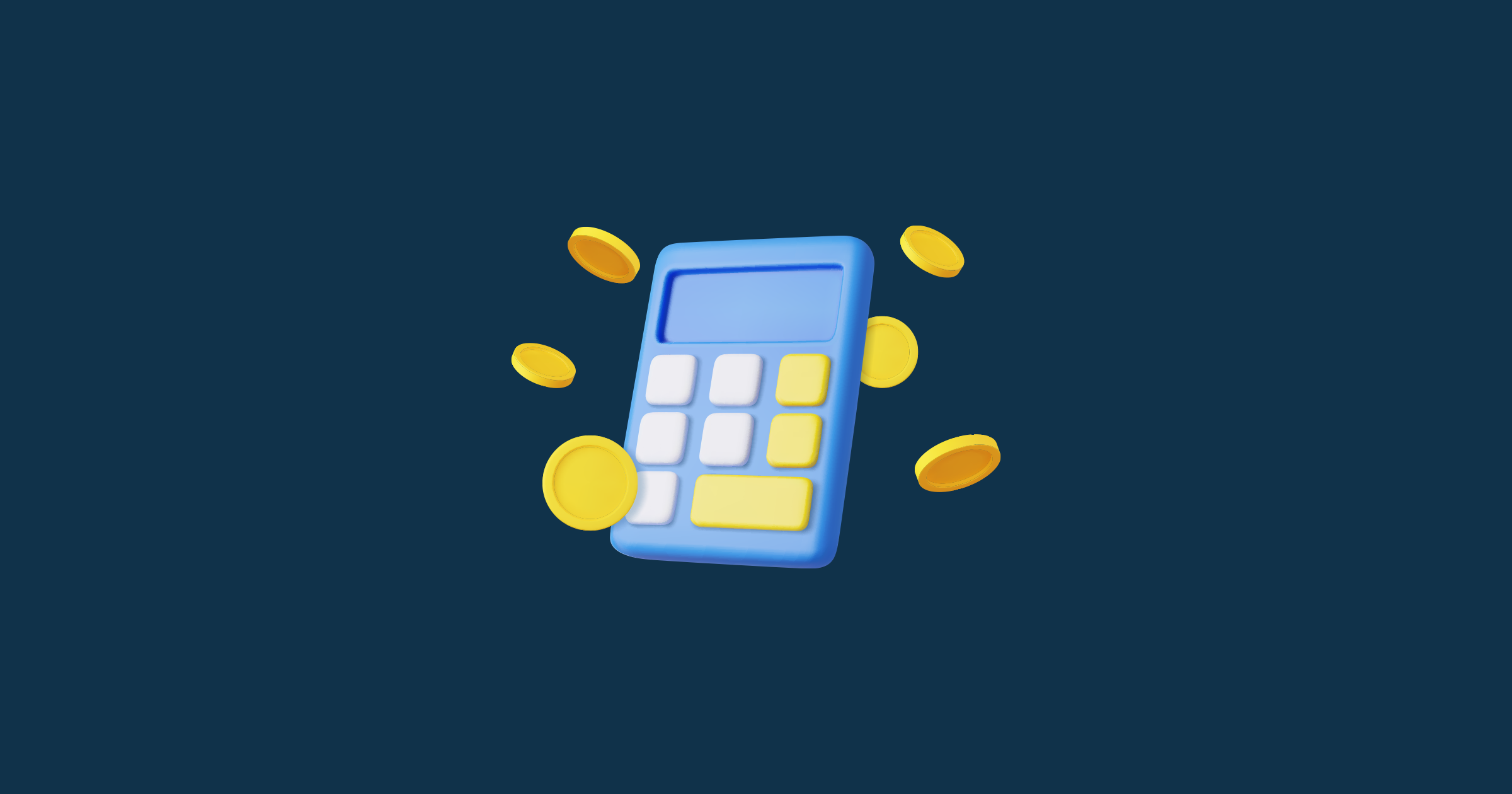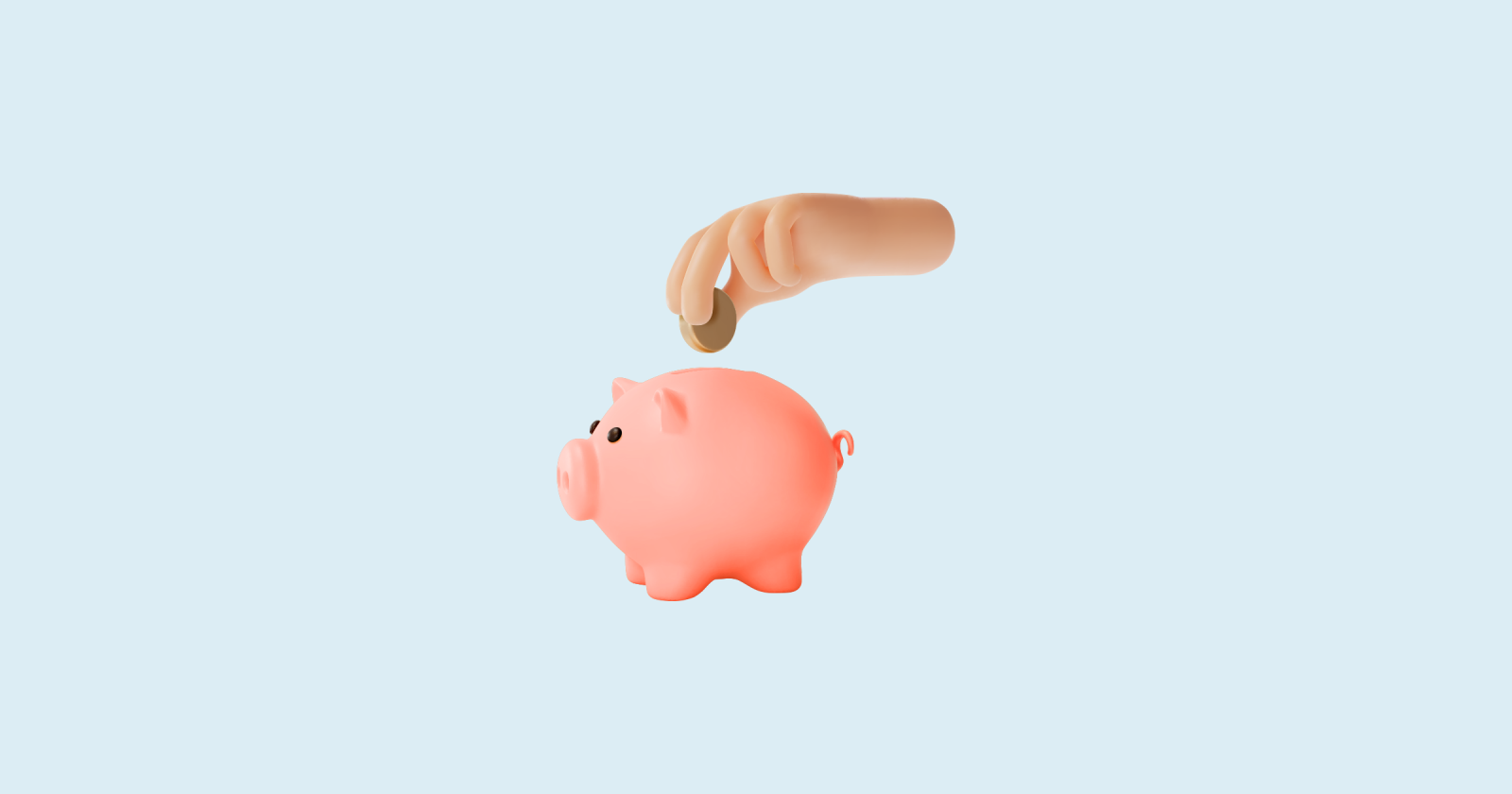If you want to earn regular income from investments, putting money in bonds might be a good move. Before you invest, you need to understand how they work and the factors that can influence their performance.
Learn the things to consider below.
1. Your risk appetite and the bond's potential risks
When investing in anything, it's critical to understand your risk profile, which indicates how much risk you're willing to take. Bonds are ideal for investors that can withstand moderate risk for stable returns.
You must accept the possibility of losing money or getting lower-than-expected returns in case of the following:
- The bond issuer is unable to pay
Buying bonds means you’re lending money to the issuer to get interest payments on top of your investment amount (principal). As with any debt, the borrower may be unable to repay the loan and interest. We call this a credit risk.
Check the issuer's credit ratings as well as the individual bond ratings to determine whether a default is possible. These ratings demonstrate an issuer's capacity to make payments on schedule and in full. The higher the rating, the lower the likelihood of default.
- Changing interest rates
When interest rates rise, bond prices in the secondary market tend to fall. This is because investors will likely find new bond issuances with higher potential returns to be more attractive, pulling down demand for older ones with lower interest rates.
Central banks typically raise interest rates when inflation is too high. This is something to consider when looking for bonds that can offer competitive returns.
- High inflation affecting the value of fixed earnings
High inflation can also have a negative impact on the value of fixed-income investments like bonds. That’s because your earnings will remain steady, but the purchasing power of your money will be eroded.
There are other risks bond investors may face and you’ll find more details in a bond’s prospectus. If you can accept the potential risks, you can begin studying your options.
2. Your investment options
There are different types of bonds and different ways to invest in them. The two main types are government and corporate bonds.
Simply put, one is issued by the government and the other is issued by private corporations. Though they’re similar in nature, there are key differences to know such as the risks they carry and their potential returns.
You can invest in either or both types through these options:
- Direct ways to invest in bonds
Banks and licensed brokerages can help you buy bonds directly. Some also allow investors to purchase bonds via online platforms or apps.
- Indirect ways to invest in bonds
If you’re not sure about hand-picking which are the best bonds to buy, consider investing in a pooled fund that focuses on bonds.
There are mutual funds or Unit Investment Trust Funds that invest primarily or partially in bonds, with the fund managers making the decisions for you.
3. Your money goal and potential returns
Think about the amount you want to earn from investing. A bond's coupon rate will tell you how much your money can possibly grow each year from interest payments.
Look for bonds with suitable rates or bond funds whose potential returns can help you reach your money goal.
Remember to factor in the risks when comparing bonds. In general, bonds with better ratings tend to offer lower returns than riskier ones since they provide more safety.
4. Your time horizon and the bond’s maturity date
The maturity date is when bond investors get back the money they initially invested plus any final interest. If you’re buying a bond to hold it until maturity, make sure the term and payment schedule fit your time horizon.
This will increase your chances of receiving money when you need it instead of having to sell too early or at a bad time. You should also check a bond fund’s recommended investment horizon if you plan to invest that way.
5. Impact on your portfolio
Assess your overall portfolio to know which role bonds can play. Quality bonds may bring stability, balancing out the more volatile assets you have.
Remember to read a bond’s prospectus for all the information you’ll need, including its possible risks and benefits.




